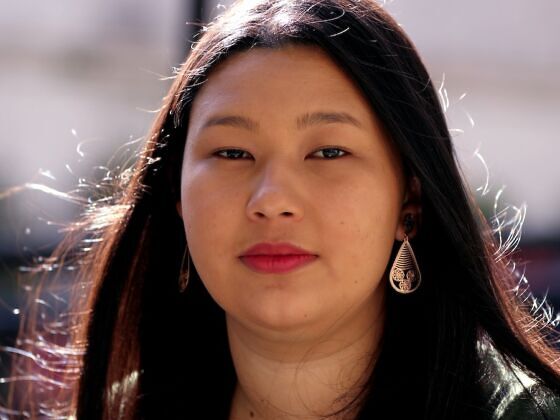It was my first time in New Orleans. I was in town for an activist conference. It was before Hurricane Katrina. Before Mike Brown was murdered by police in Ferguson, MO. The South was sweet and muggy. Time felt slower.
I wandered, along Tremé, Downtown, the French quarter, almost twisting my foot on the broken sidewalks that seemed like alleys. There were large white buildings that took up entire blocks, Victorian moldings, and high ceilings, their balconies beckoning. I saw a sign for plantation tours visible in a tourist brochure I picked up. My stomach dropped.
